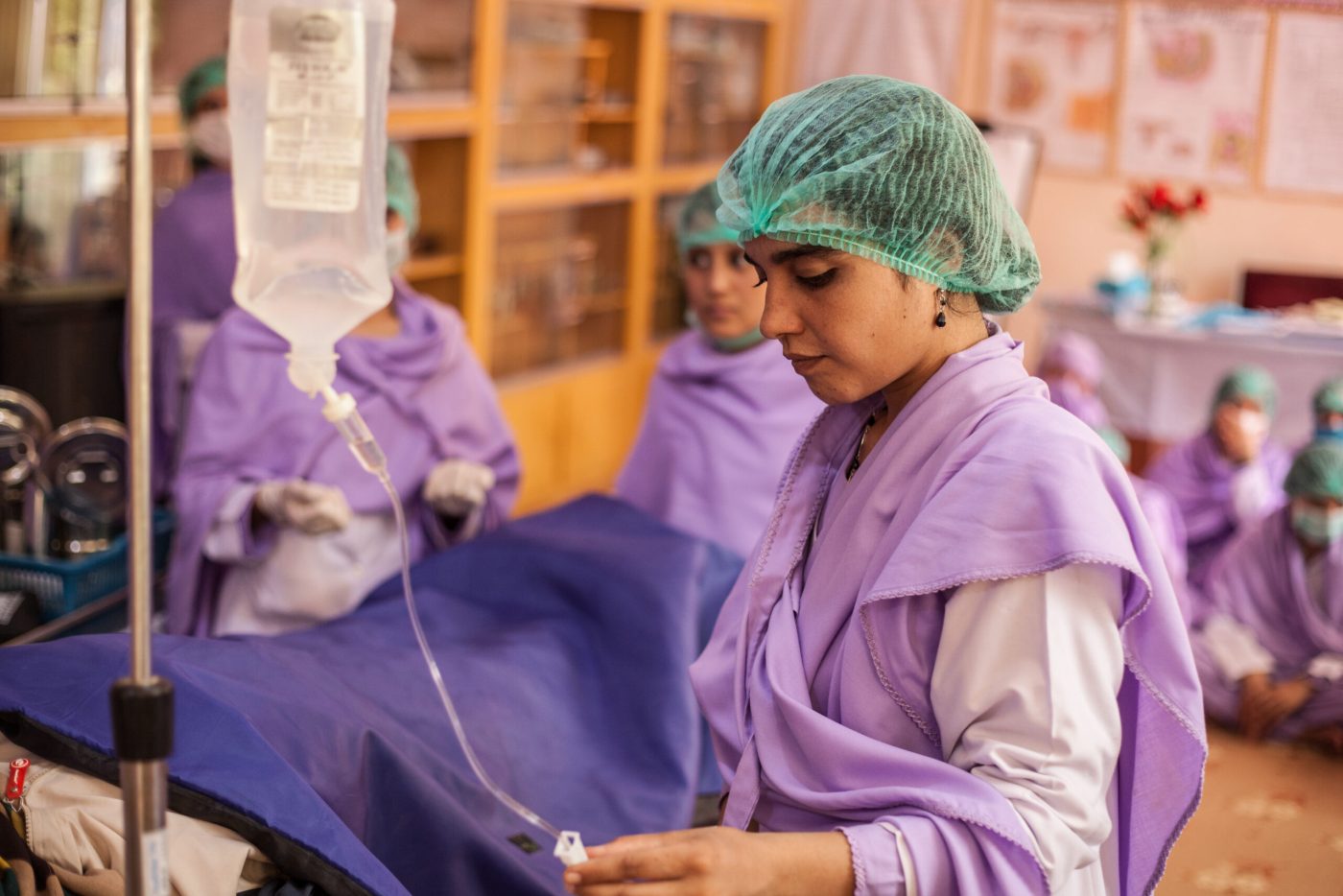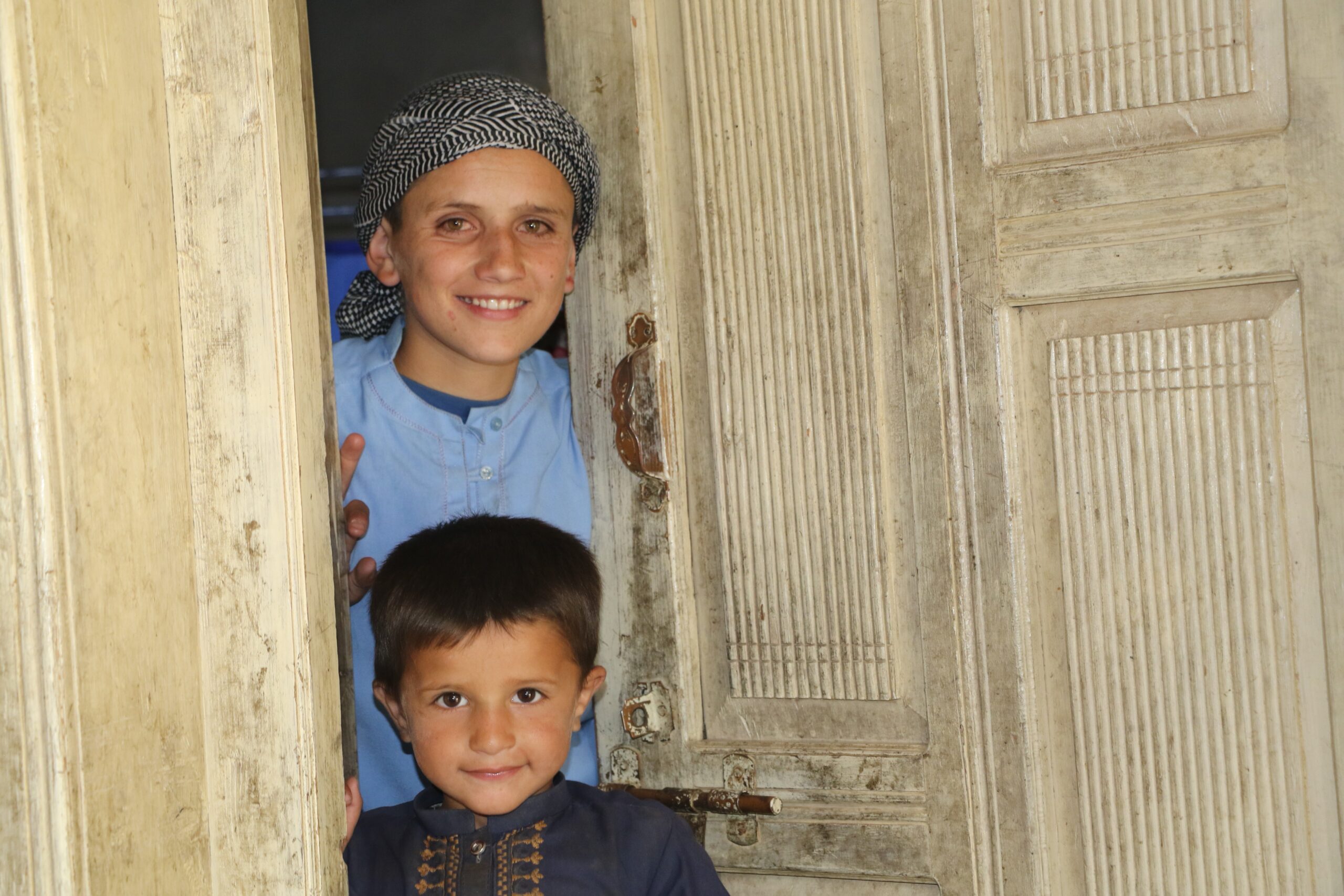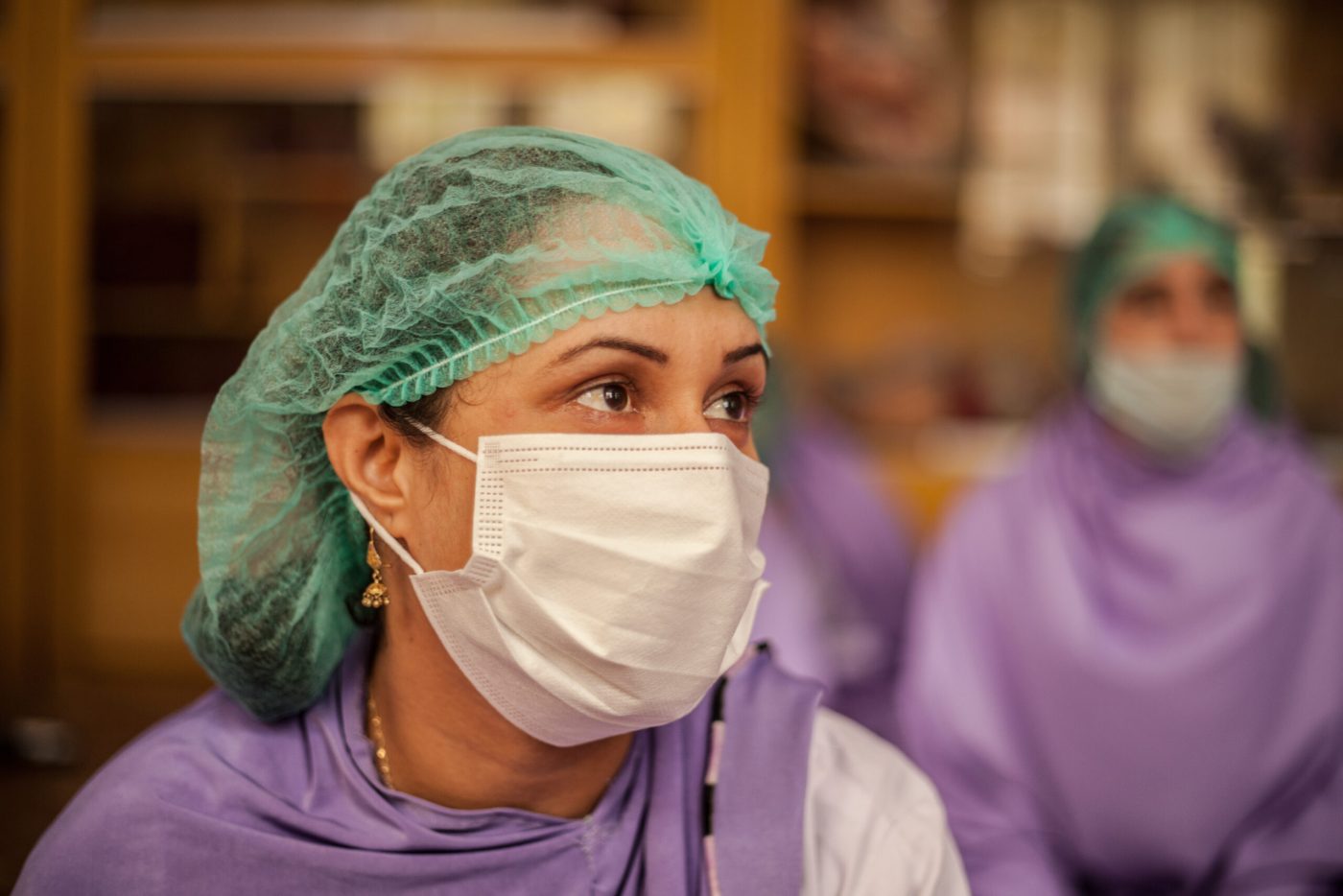Afghanistan



Afghanistan is experiencing one of the world’s worst humanitarian crises. Decades of conflict, climate-related disasters and economic collapse have worsened poverty, hunger and unemployment. HealthNet TPO, one of Afghanistan’s largest health NGOs, has supported the nation’s health system since 1994. We work in key areas like health infrastructure, mental health services, protection, and helping communities rebuild their lives.
Afghanistan’s healthcare system saw improvements over the last twenty years, but these gains are now at risk. The 2021 takeover led to a near-total collapse of the health system. The pause in international funding threatened 90% of health facilities, severely limiting access to essential healthcare services for millions of Afghans.
Decades of conflict and frequent natural disasters, including flooding, earthquakes, and extreme drought, have displaced millions of Afghans. By December 2023, 28.6 million people needed humanitarian assistance, 67% of the population. Events like the 6.3 magnitude earthquake in Herat caused significant damage, exacerbating the crisis with limited resources.
Afghanistan faces a severe economic and humanitarian crisis. In 2023, over 4 million Afghans, including pregnant women and children, faced acute malnutrition. Restrictions by de facto authorities have severely limited women’s and children’s rights, including movement and work opportunities, leading to increased gender-based disparities and social injustices.

people received healthcare through our health facilities.
people received mental health and psychosocial services.
children were treated for severe malnutrition.
women supported by skilled birth attendants.
I depended entirely on my sons, who already struggle to provide for our family. But after my surgery, I can finally see again. Regaining my sight transformed my life and the one of my family.— Mauladad, 65-year-old farmer from rural Afghanistan, participant in the Accessible Eye Health Care Project

Access to quality healthcare for all remains a problem in Afghanistan. Since 1995, we have been strengthening and supporting the health system to improve the health and wellbeing of the population.

By strengthening mental health and psychosocial support services, HealthNet TPO wants to improve the mental health and psychosocial wellbeing of people living in Afghanistan, particularly for women and children. There is no health without mental health.

HealthNet TPO is tackling malnutrition in Afghanistan by improving access to essential nutrition services in Kabul and Khost provinces. Through prevention, treatment, and community empowerment, we are addressing the root causes of malnutrition and helping families rebuild healthier, more resilient lives.

Improving access to vital eye treatments is one of the ways that we are working with people and communities to improve health and wellbeing in Afghanistan.
Following a powerful earthquake in eastern Afghanistan, which caused at least 2,200 deaths, more than 4,000 injuries and the collapse of over 8,000 homes, HealthNet TPO responded immediately to meet urgent health needs. Our teams kept clinics operational, deployed mobile medical units and delivered essential medicines to hard-to-reach areas. In the isolated Arit Valley, staff travelled on foot through mountainous terrain to reach communities that were cut off, ensuring timely access to emergency health care.